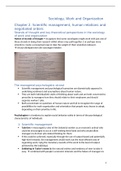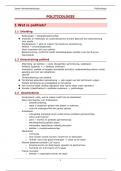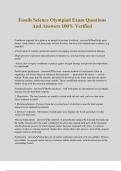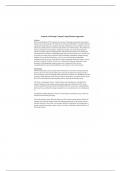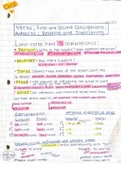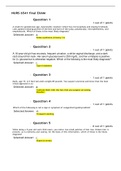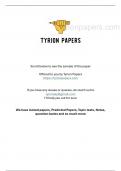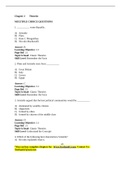Samenvatting
Samenvatting Boek Watson: Sociology, Work and Organization (7th ed.)
- Instelling
- Universiteit Utrecht (UU)
Dit is een samenvatting van het boek Sociology, Work and Organization. Deze samenvatting bevat de hoofdstukken uit het boek die je nodig hebt voor de midterm van het van Sociology of Organizations (SoO) in Blok 3 van de pre-master Sociology: contemporary social problems.
[Meer zien]
